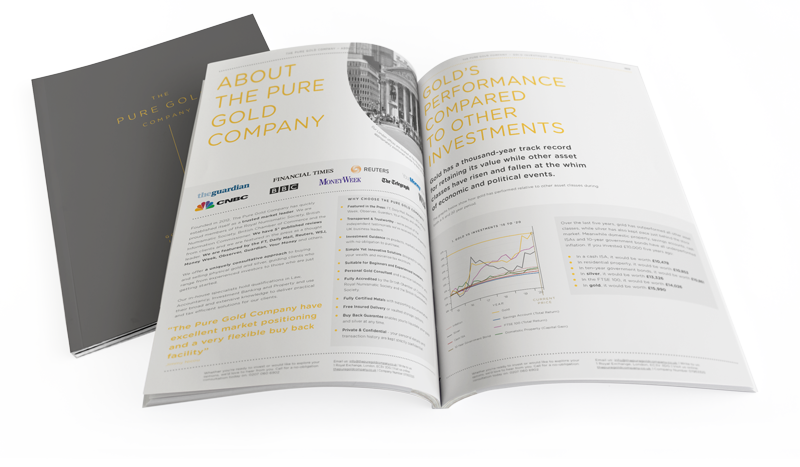2020 has been an unprecedented year. The global economy looked precarious even before the world was forced to shut down as COVID-19 spread. The outcome for markets was devastating and, while recovery is repeatedly forecast, second waves and other obstacles to growth (particularly Brexit) stand in the way.
While many people try to build their wealth amid the uncertainty, affluent investors are working to retain their wealth and avoid the erosion of their assets as markets take a pummelling. So how are they doing this and when are they acting?
Strategic investing
A key investment strategy for people with wealth to protect is value investing. This means investing in stocks or assets that appear to be trading below their intrinsic value, or whose value is underestimated. While value is itself a relative concept, when the market has already turned down, as is the case since the start of the year, there are many stocks that have already lost a lot of value. This doesn’t mean they are all undervalued though, and there is also a further stock fall to consider.
The FTSE 100 has lost 22% since the beginning of 2020, although the initial decline was even steeper. Wealthy investors will look at the market and consider not only how far it has fallen but if it has further to fall.
The pandemic is far from over and the second lockdown is a daily reminder of this. Perhaps more worrying for the stock markets is the lack of progress on a Brexit deal. In the melee of COVID-19 restrictions, Brexit has dipped below the radar, but the impact of a no-deal Brexit could be even more debilitating for many companies and pose a threat to stock market investments.
Property prices and investment
The property market is in a similar bind. The initial hiatus in property sales during the COVID-19 lockdown created some pent-up demand, and the government’s stamp duty holiday is spurring sales that might have been longer in the planning. The end of the stamp duty holiday on March 31 will dampen demand, and may even scupper sales that fail to complete before the deadline. More importantly, though, the full economic impact of the COVID-19 pandemic has yet to be felt.
Businesses are still able to furlough employees, propping up jobs for another few months but storing up redundancies for later. The government has been so profligate in pumping new money into the economy, that this debt will need to be repaid adding tax rises and reduced investment to the financial hardships of the post-pandemic economy. With such froth in the property market, wealthy investors are prudently biding their time rather than catching a falling knife by investing in property at its height.
No interest in banks
Few wealthy investors keep their assets in the bank. It’s the modern-day equivalent of under the mattress considering the interest rates available at the moment. The Bank of England rate of interest is currently 0.1% but it is considering cutting its lending rate below zero, which would mean bank savings rates falling even lower than they are now.
The best rate for an instant savings account is only 0.45%, and inflation is 0.5% but is almost certain to rise over the next few years. This will inevitably erode the spending power of any assets left in the bank while also leaving them open to counter-party risk.
Why Buy Gold In 2025?
Discover how physical gold investment compares to other investment assets for growth and protection.

The risk of a bank failure may seem implausible, but the financial crisis was only just over a decade ago and the recent and future economic impact of the COVID-19 pandemic is a real danger to the financial system. Interest rates are so low that there is little upside risk to leaving your money in the bank, and current share prices and market valuations suggest the downside risk is increasing.
Gold opportunity
So how do the wealthy protect their assets in times of economic and political turmoil? Even in calmer seas, seasoned investors know to hedge their assets to protect them from the most virulent market corrections and precious metals, including gold and silver, are a key hedging strategy. Gold has a long history of weathering storms and remaining a safe harbour as other parts of the economy come under stress.
Gold often has an inverse relationship with other investments including stocks, so when these decline, the gold price often strengthens as investors turn to the precious metal as a safe haven. This means people with wealth prudently diversify their portfolios for this reason, but they also choose to buy physical gold for its many other advantages.
Gold coins and physical gold
Physical gold, in the form of gold bars or gold coins, is separated from the banking system so does not come with counterparty risk. In addition to the absence of counterparty risk, gold is also a tax-free way to invest. Gold does not attract VAT and depending on the format of the physical gold bought, it can also be capital gains tax-free.
Certain gold coins, including Britannia and Gold Sovereigns, are designated legal tender and therefore cannot attract capital gains tax. Chancellor Rishi Sunak has started a review of capital gains tax and it is widely considered a prime candidate for an increase as the government begins the arduous journey of balancing the books after its pandemic spending spree.
Gold is a private, tax-efficient, safe-haven investment that is used widely by wealthy investors with diversified portfolios. In the midst of the COVID-19 uncertainty and with Brexit less than two months away, if you want to protect your assets as the wealthy do, physical gold is the smart investment.


